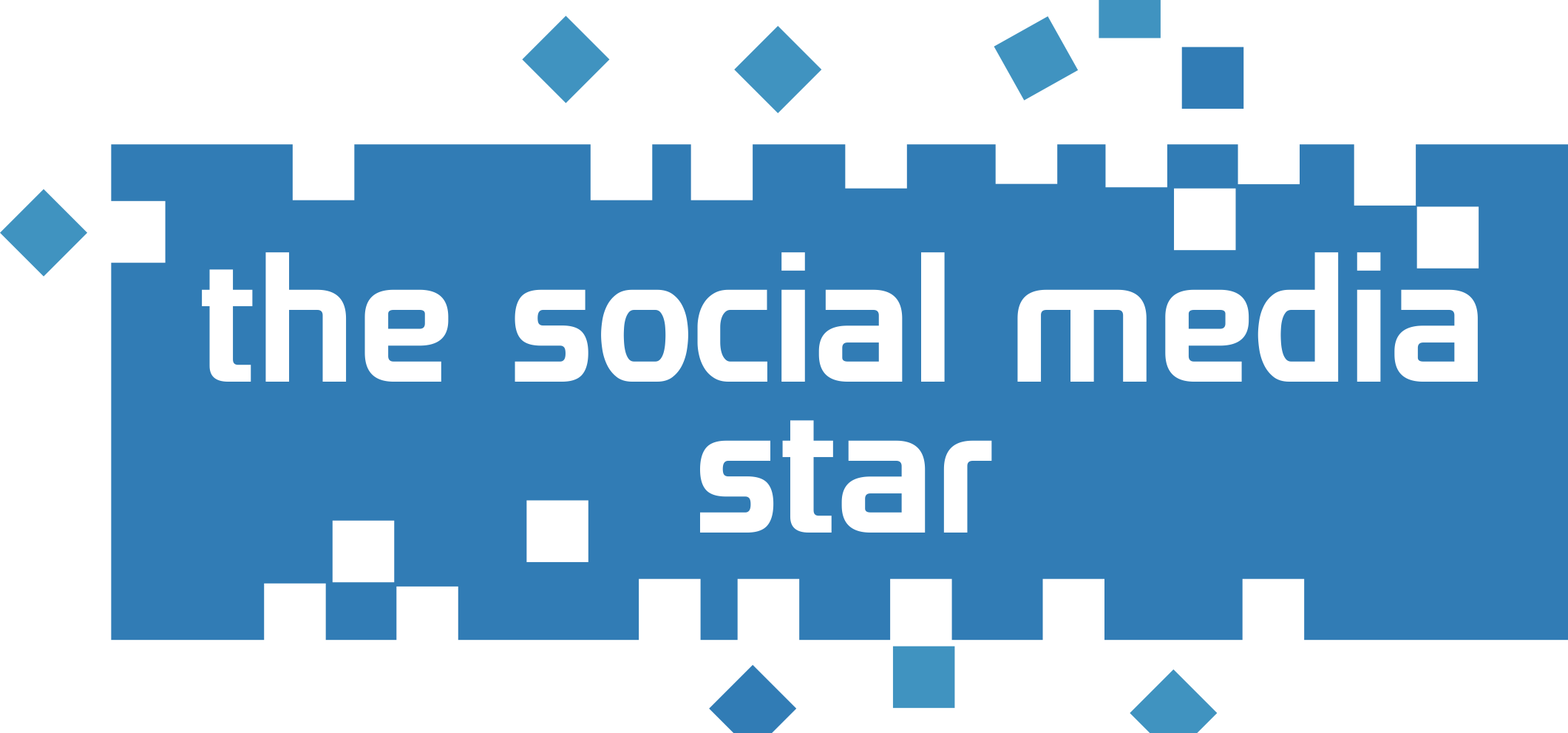French Montana on how Mac Miller’s death roused him to start addiction health services
The rapper opens up about his efforts and how Mac Miller’s death in 2018 turned him into News Daily
French Montana herself has been sober for more than two years and is ready to help others fight addiction.
The rapper recently announced his partnership with Guardian Recovery Services, NAQI Healthcare, which offers a medically supervised home detox program for those looking to break free from substance abuse.
“Rape achievements don’t stop at the top of the charts,” Montana, 37, told news Everyday host Janine Rubenstein on the news Everyday podcast earlier this week.
Montana’s single “Unforgettable” recently achieved RIAA Diamond status, making her the first African-born artist to reach the mark.
Born in Morocco and also raised in the Bronx, the rapper wants to combine his success with charitable efforts at home, raising more than $500,000 and helping open a hospital in Uganda in 2017 for his friend and fellow rapper Mac Miller in 2018, as well as a two-week hospitalization for himself, the rapper finally came to his senses in 2019.
“It touches me because I’m in this space, and I see these artists as my brothers and family. And when we lose one, it’s almost like losing a part of us,” he said of Miller’s death. ‘I’ve been thinking about it for a very long time. How can I help you?’
Montana continued, “They say [alcohol] is the easiest and hardest to get out of. It’s a slippery slope. Whenever your party, you have to drink. You have your vices, and after a while, it becomes routine. Everyday. It becomes addictive. [Pills] can sneak up on you too – if you go to the doctor for a foot or toothache, they’ll give you Vicodin or Percocet. Before you know it, you’ll feel good and keep taking it [when you don’t need it anymore]. And opiates are one of the most dangerous things to get addicted to — oxy, all of them.”
“It starts in a fun place, but you get into that situation, and you can’t shake it because it’s dangerous [for a cold turkey detox],” he told news. “Over the past 20 years, the overdose rate has doubled. Especially with artists, especially different people who don’t like being open about their problems.”

